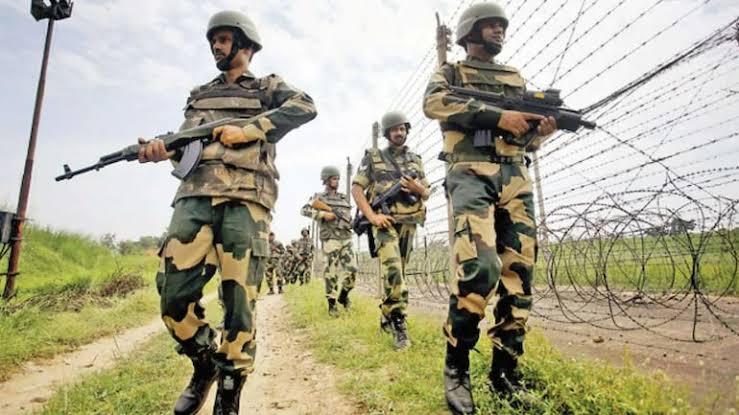Risk of India-Pakistan military confrontation rises after Pahalgam attack
New Delhi: The April 22 terror attack in Pahalgam has emerged as the deadliest in Jammu and Kashmir since 2019, claiming the lives of 26 people. Unlike previous attacks targeting security forces, the victims this time were tourists visiting the region, marking a grim and symbolic shift in violence in the Valley.
Authorities have described the attack as not only cruel but also deeply calculated, striking at a time when the situation in Kashmir was being presented as stable and under control. The Indian government has long worked to promote a narrative of normalcy in the region, especially to boost tourism and economic activity.
Given the sensitivity of Kashmir’s political and historical context, experts suggest that India’s response is likely to be shaped by both domestic pressure and past precedents.
Following the attack, India has taken a series of retaliatory steps. These include closing the Attari-Wagah border crossing with Pakistan, suspending the Indus Waters Treaty, and expelling several Pakistani diplomats.
Defence Minister Rajnath Singh has vowed “strict action” and said that efforts are underway to target not only the attackers but also those who orchestrated the “nefarious act” on Indian soil.
The region of Kashmir remains a point of contention between India and Pakistan, both of whom claim it in full but administer different parts.


